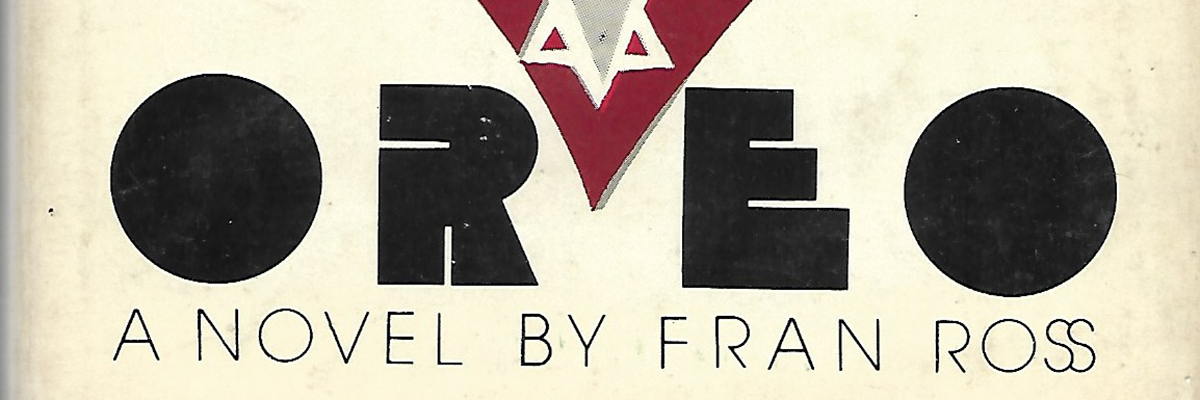
Patriarchal Myths and Matrilineal Signs: Oreo and Queer Feminist Typography
with
Kinohi Nishikawa
This talk considers the creative collaboration between writer Fran Ross and graphic artist and Ann Grifalconi to publish Ross’s one and only book: Oreo (1974). The satirical novel tells the story of a half-Jewish, half-Black girl—the eponymous Oreo—who sets out from Philadelphia, where she lives with her mother, to find her estranged father in New York City. Largely ignored in its time, the book has gained something of a cult following since Ross died in 1985. While readers have noted Ross’s appropriation of the myth of Theseus to frame Oreo’s journey as a satire of male authority, few have discussed the critical role the book’s typography plays in establishing the Black matrilineal influence that sustains Oreo along the way. The talk reveals how typographical choices made by Grifalconi, who trained at Cooper Union, not only underscore the novel’s satirical vision but also manifest the queer and feminist political commitments she shared with Ross, her intimate partner.
About Kinohi Nishikawa

Kinohi Nishikawa teaches African American literature and culture at Princeton University, Princeton, New Jersey, USA. He is the author of Street Players: Black Pulp Fiction and the Making of a Literary Underground, which was published by the University of Chicago Press in 2018. The author of numerous essays, articles, and chapters in African American book history, bibliography, and print culture studies, Nishikawa’s most recent publications have appeared in ASAP/Journal, American Literary History, and Novel: A Forum on Fiction. He is currently at work on the edited collection Sites of Memory: Toni Morrison and the Archive (with Autumn M. Womack) and on a monograph, Black Paratext: Reading African American Literature by Design.
